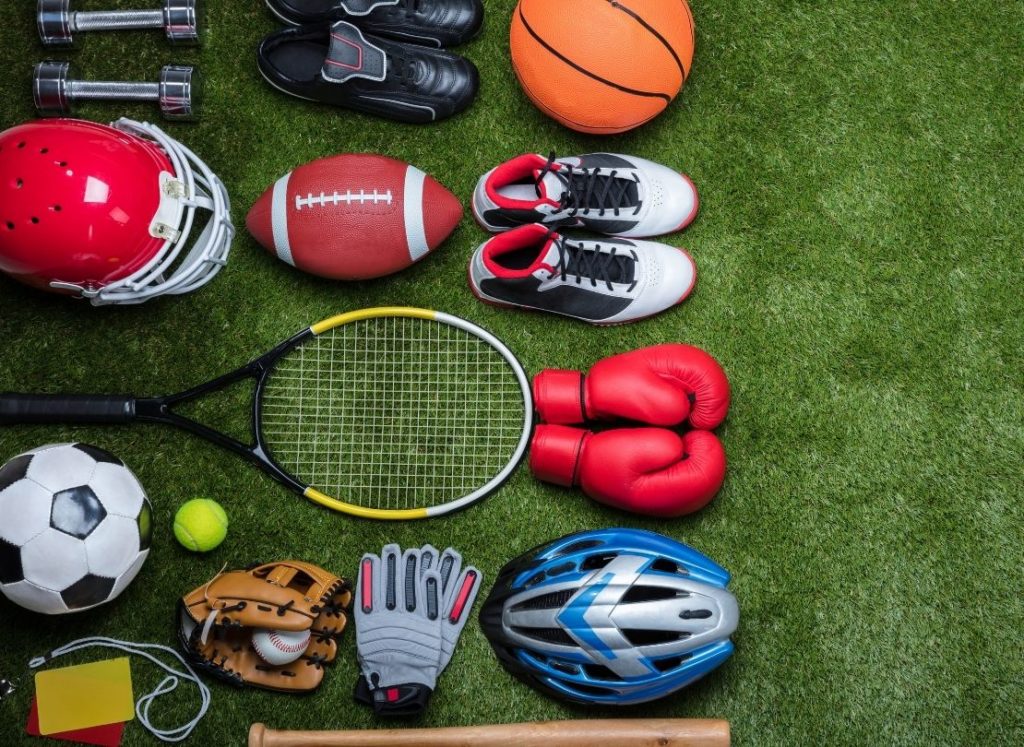Originally posted at Locker Room Access: https://virginia.lockerroomaccess.com/2020/03/26/coronavirus-and-sports-shutdown-how-will-the-humans-involved-cope/

The Daily Progress, Charlottesville’s hometown newspaper, ran an article on March 14th entitled “How four Virginia head coaches dealt with the NCAA’s cancellations of championships.” The article recounts how UVA coaches Lars Tiffany, Brian O’Connor, Kevin Sauer, and Steve Garland from lacrosse, baseball, rowing, and wrestling respectively addressed a wildly challenging situation. The thing that struck me was the consistency of language used to describe their individual experiences. Shock. Disappointment. Devastation. Empathy. Hurt. Pain. The strategy and “Xs and Os” talk that fans normally crave has been replaced with talk of feelings and human struggle. It’s a strong reminder that the athletes and coaches we are so quick to criticize are real people with real emotions. UVA athletes, whose identities may be defined by their sport participation, have had sport ripped away from them. These UVA coaches, who serve as teachers, mentors, and surrogate parents, were tasked with delivering a life-changing message with little warning.
As a student of sport psychology, I have come to understand that the transition out of sports can be traumatic to athletes of any age or level. Under normal circumstances, college athletes transitioning out of sport can be at-risk of facing a crisis trying to adapt to life without sport, making difficult career decisions, and simply dealing with the challenging emotions associated with losing something they love (Stambulova, 2017). However, the unpredictable transitions that are likely to be forthcoming as a result of the coronavirus outbreak may place the athletes at even greater risk of falling into a crisis situation (Stambulova, 2017). The sport psychology research on transitions out of sport is extensive, but the average person is unlikely to give these transitions a second thought unless there is an extreme, unexpected situation like the one that has been thrust upon the athletes as a result of the coronavirus or may occur due to a catastrophic injury. Simply put, fans have difficulty putting themselves in athletes’ shoes, otherwise known as empathizing.
Empathy came up in the Daily Progress article. Coach Garland from the UVA wrestling team described it plainly. He “just got in the pit with them and just struggled with them” after telling them their season ended abruptly. For highly-ranked wrestlers Jack Mueller and Jay Aiello, this meant losing out on the chance to compete for a national championship. Demonstrating empathy is a big part of being a coach because demonstrating empathy builds trust, which in turn gives coaches the latitude to push athletes to where they want to go. It tells the athlete, I see you as a person, not just an athlete. Fans often struggle to put themselves in athletes’ shoes and rarely see them as human beings with feelings. We say things like, so-and-so sucks, or how the f@*! did so-and-so miss that shot? Oftentimes, we react negatively when our alma mater is handed a tough loss because so much of our own identity is tied up in the school’s success even though we are not actually playing on the field or on the court.
There is no question that fans are also experiencing loss as the sports world has shut down abruptly. Sports are such a big part of our daily lives, whether it is watching our favorite teams or watching our kids play. This loss is quite real. Sports often serve as a distraction from real life and now that distraction is gone. The major difference is that the loss is to fans is almost certainly temporary. Sports will come back soon enough, even if that means months, and fans will quickly forget what was missed. However, the athletes forced into a sudden, premature retirement will likely still be facing down challenging emotions and uncomfortable behavioral changes, perhaps for the rest of their lives.
There are no two ways about it. Sports are emotional whether you are a competitive athlete or a die-hard fan. However, when sports seasons end, the consequences for the athletes and their coaches are much greater than for the fans of their teams. The coronavirus sport stoppages have abruptly ended championship dreams and placed those athletes whose careers were ended prematurely at-risk of transitional crisis. Nevertheless, it is possible that the coronavirus situation has created an opportunity to shine the spotlight on transitioning college athletes and make fans more aware of the real-life challenges that athletes and their coaches face when the roar of the crowd ends.
Michael Huber, affectionately known as Hubes by the LRA family, is a mental performance coach, business advisor, entrepreneur, and father. A proud Michigan State Spartan, Hubes is happy to have been adopted into the UVA athletic community.
References
Conlin, B. (2020 March 14). How four Virginia head coaches dealt with the NCAA’s cancellations of championships. Retrieved from: https://www.dailyprogress.com/sports/how-four-virginia-head-coaches-dealt-with-the-ncaa-s/article_08a203b1-d726-573e-86f5-32309314f4a2.html
Stambulova, N.B. (2017). Crisis-transitions in athletes: Current emphasis on cognitive and contextual factors. Current Opinion in Psychology, 16, 62-66.

